A research team from the University of Wisconsin, led by Professor Randall B. Dunham, Faculty Director of Executive, Global Learning Experiences, visited Vietnam for a study tour.
The objective of the trip was to learn about and research leading businesses and business models in the area. During this visit, the delegation chose to visit Diligo, a company that applies the ethical principles of Humanism and Karma, "Kindness from the Heart," to its business operations and company culture.
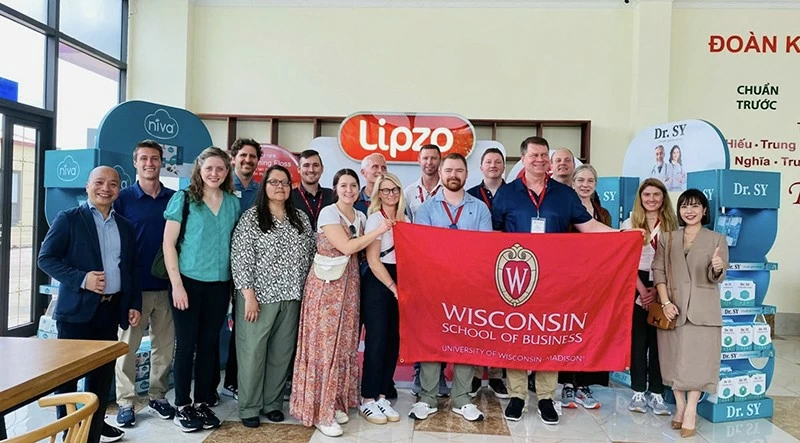 |
| A research team from the University of Wisconsin visited and worked in Diligo. |
Welcoming the research team, Diligo CEO Vu Duc Sy shared his story of applying Buddhist principles to business culture, helping the company achieve long-term growth.
CEO Vu Duc Sy shared: “When I was young, I dreamed of studying and living in America because I thought it was paradise. But when I went to study and work with a friend, I realized America wasn't like that. My friend, who runs a supply chain for nail salons, has assets worth nearly 100 million USD, but his wife had cancer and passed away. His family is extremely unstable and unhappy.”
Your wife has breast cancer, so every weekend you both have to travel from New Jersey to New York for radiation or chemotherapy. Seeing her in such excruciating pain, I panicked and was terrified of dying. I decided to do some research and learned that in the US, there are about 2.3 million new cancer cases each year, and the country spends $4 trillion on healthcare.
Americans may be tall and strong, but when they get sick, their health deteriorates, they become very weak, and they develop fatty liver disease. I discovered that they consume a lot of processed, fatty foods… Therefore, I decided to return to Vietnam, to be closer to my family, because I realized that spiritual well-being is more important than material things. The American Dream is not a paradise, but a habit of "working yourself to death."
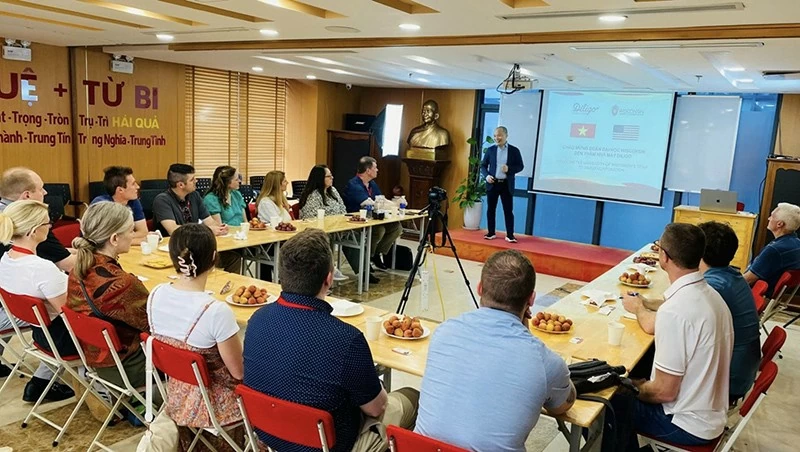 |
| CEO Vu Duc Sy shared insights into Diligo's ethical culture and the principle of cause and effect with the research team. |
Mr. Sy also added that, while in America, due to adopting Western lifestyles, he often suffered from mental distress, obesity, fatty liver and blood, sinusitis, and mild hemorrhoids… In particular, his mental state was unstable, and he was easily angered. He was very distressed by his lack of happiness and overall instability in his thoughts, spirit, health, family happiness, children's future, time, relationships, work, money, and finances… His happiest childhood was when he lived in a temple with his grandmother under a fig tree. After that, he returned to study the original Buddhism of the Buddha Shakyamuni.
“The Buddha taught us the fundamental principles of human morality and karma. Morality means living without causing suffering to oneself, to others, or to all living beings.” The fundamental teachings of the Buddha concern the Four Noble Truths of a human life and the Eightfold Path, the method for eliminating suffering. A human life has four great sufferings: the suffering of birth, the suffering of old age, the suffering of sickness, and the suffering of death. The Buddha taught us to master these four sufferings and eliminate them, thus ending suffering. “Therefore, Buddhist teachings help us transform our own karma, leading us from suffering to liberation, from discord to harmony, from cruelty to kindness, from deceit to honesty, from hatred to love, from resentment to forgiveness, from worry and fear to peace, tranquility, and freedom from worry.” The Buddha's wisdom is the path of Morality -> Concentration -> Wisdom, which has the power to completely transform our lives through understanding. This understanding of the truth of a human life does not require praying, offering sacrifices, chanting, worshiping, or waiting for the invisible world to bestow blessings or misfortunes upon us. "Life is for each individual; whoever sows a certain seed will reap a certain fruit—good deeds bring good results, bad deeds bring bad results. When I studied the wisdom, ethics, and karma of the Buddha, I realized that a lifetime without learning Buddhism is a wasted life, no matter who one is in society," said CEO Vu Duc Sy. Thanks to this, he applied it to himself, and after six months, the results were truly fulfilling. His mental and physical illnesses were completely cured, he looked younger and healthier, his family was happy, everything around him went smoothly, and his employees, wife, children, and family were happy to see his transformation.
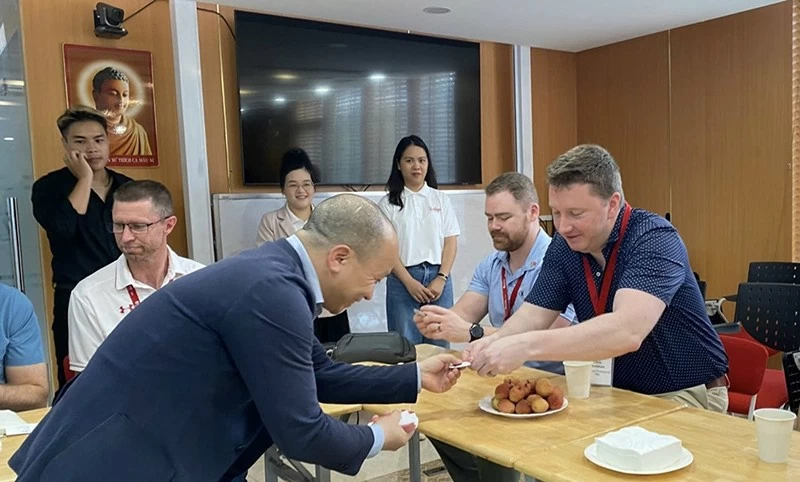 |
| CEO Vu Duc Sy shared insights into Diligo's ethical culture and the principle of cause and effect with the research team. |
He realized that all suffering is self-inflicted; no one else brought it upon him. It's like tying yourself up with ropes and being unable to escape. From his own experience, he understood that human beings are both the source of development and the result of development for humanity. For individuals and businesses to achieve sustainable growth, they need to apply the "Humanistic Ethics and the Law of Cause and Effect of the Buddha."
CEO Vu Duc Sy shared: “At Diligo, employees learn and apply the five Buddhist virtues: 1. Compassion: Loving all living beings and protecting life; not killing or harming animals; 2. Detachment and letting go: Not being greedy, stealing, or corrupt; 3. Loyalty: Not engaging in adultery, immoral conduct, or immoral behavior; 4. Honesty: Not lying, fabricating stories, speaking harsh words, or speaking cruel words like a hammer, a venomous snake, or a slithering eel; 5. Clarity, wisdom, alertness, and calmness: Not drinking alcohol, gambling, engaging in social vices, or using stimulants that intoxicate people.”
Thanks to this, those employees who were once addicted to alcohol, tobacco, foul language, gambling, theft, littering, video games, arguing, etc., are all willing to give them up to avoid suffering and unhappiness. Their families are stable, they are healthy, they can take care of their parents, and their children receive a good education. Because of this, the workers are grateful to their leaders and business owners, and the business owners are the ones who practice and apply these principles to themselves, their families, and their company. The workers consider the company as their own family and the company's assets as their own. They are not greedy, envious, or deluded; they would never steal money from the company because they see it as their own property.”
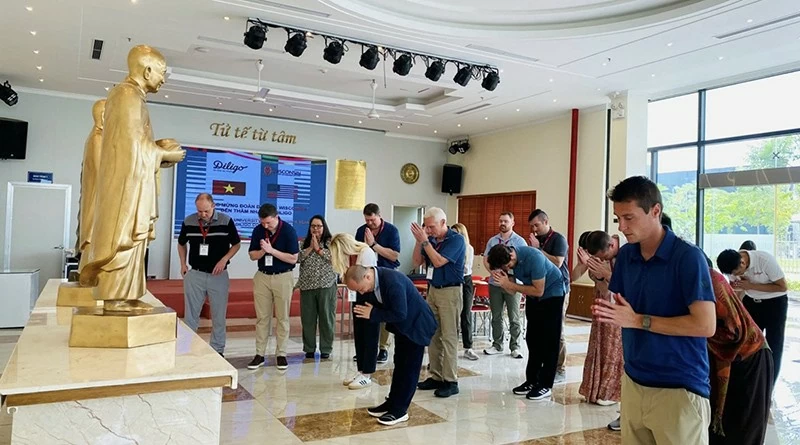 |
| Professor Randall B. Dunham, on behalf of the delegation, respectfully paid homage to the Buddha. |
Following CEO Vu Duc Sy's presentation and a site visit to the Diligo factory, the research team was deeply impressed by the unique culture and the unprecedented phenomenon globally. The entire Diligo company follows a vegetarian diet, abstains from alcohol, tobacco, and cigarettes, avoids littering, and maintains a fast-paced lifestyle. From restrooms to kitchens, everything is neat, clean, and free from odors or dirt. Everyone lives a peaceful life, avoids illness and hospitalization, and lives harmoniously, practicing ethical conduct like water and milk.
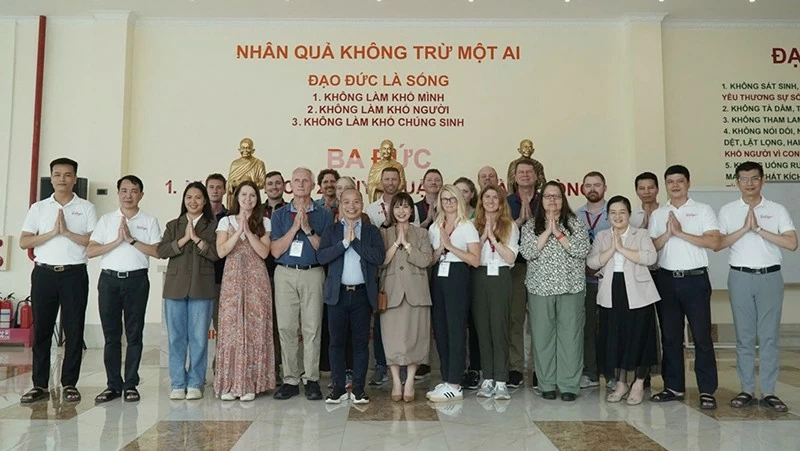 |
| The research team was impressed by the applied culture of humanistic ethics and the principle of cause and effect, "Kindness from the heart," at Diligo. |
Professor Randall B. Dunham, on behalf of the delegation, respectfully paid homage to the Buddha and the Venerable Elder, and expressed his deep gratitude to Diligo for the thoughtful hospitality and valuable insights shared during their time studying in Vietnam. He also shared that the delegation realized the West needs to learn from Eastern culture, especially in the study and application of Buddhist teachings. The professor expressed his desire to research and translate Diligo's article on culture into English to teach and share with American businesses for practical application.
The visit not only helped the delegation gain a deeper understanding of Diligo's applied culture of humanistic ethics and the principle of "Kindness from the heart" in thought, word, and action, but also provided an opportunity for the delegation to study and learn from Vietnamese businesses and explore potential business cooperation opportunities.
With its unique culture and business philosophy of "Kindness from the heart," the company's products are distributed nationwide, and it has extensive experience in manufacturing and exporting to demanding markets such as the US, Europe, Japan, and South Korea. This is why the research team chose to visit Diligo during this field trip to Asia.
Source: https://baoquocte.vn/dai-hoc-wisconsin-nghien-cuu-va-hoc-tap-van-hoa-dao-duc-nhan-ban-nhan-qua-tai-diligo-292583.html








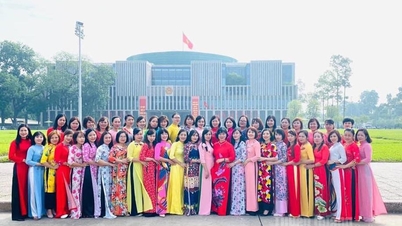



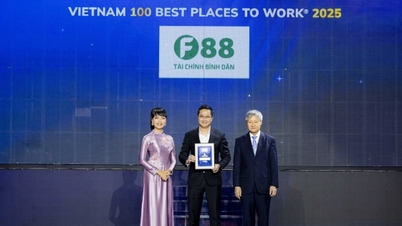

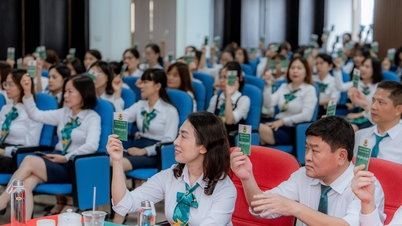

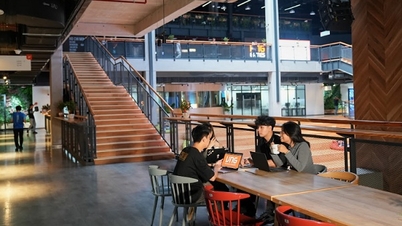



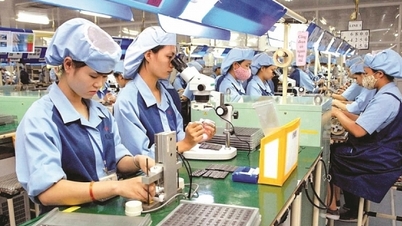
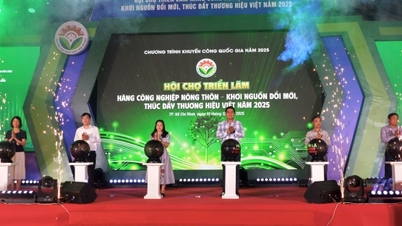
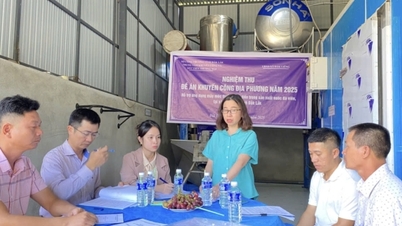
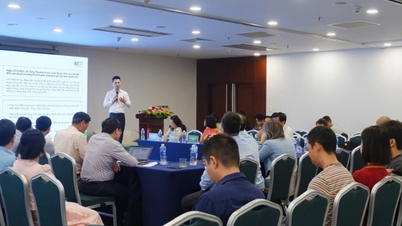

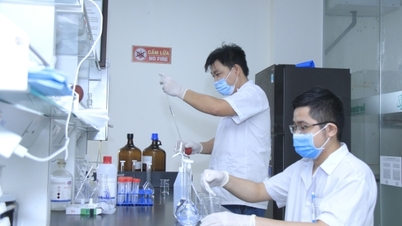




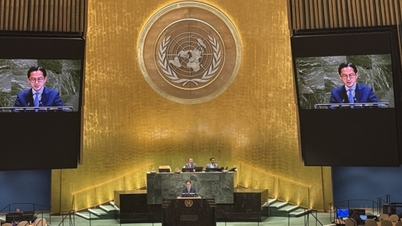
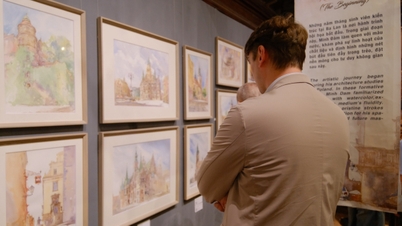
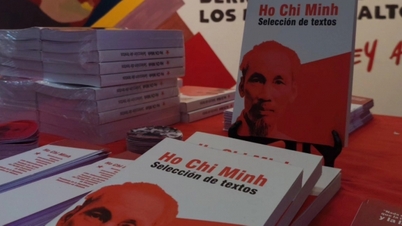
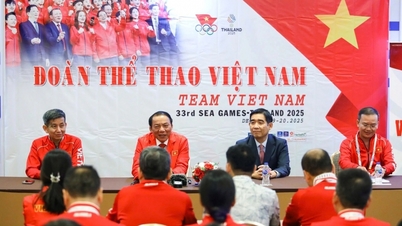

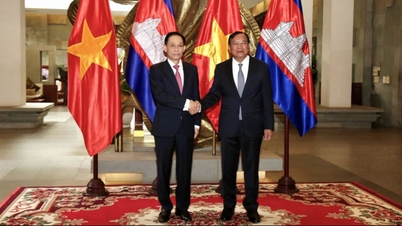





![[Video] The craft of making Dong Ho folk paintings has been inscribed by UNESCO on the List of Crafts in Need of Urgent Safeguarding.](https://vphoto.vietnam.vn/thumb/402x226/vietnam/resource/IMAGE/2025/12/10/1765350246533_tranh-dong-ho-734-jpg.webp)





























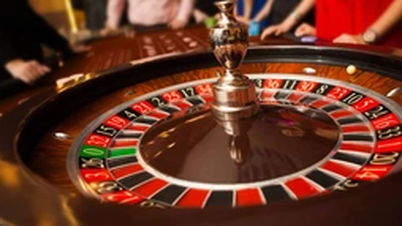

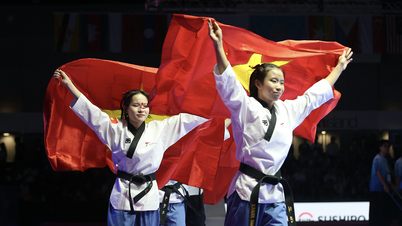


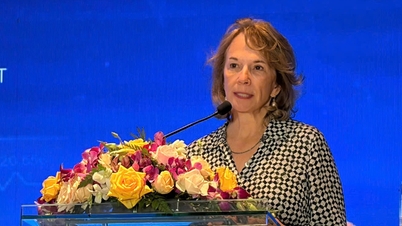


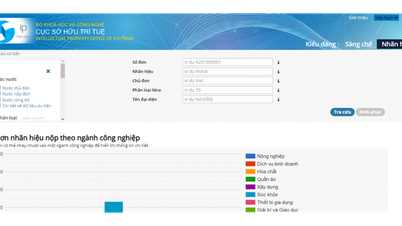
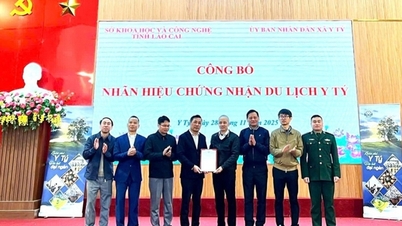
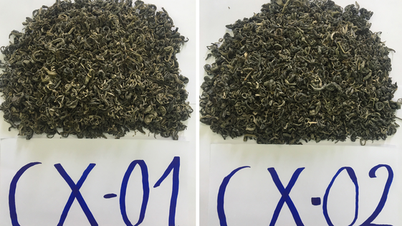
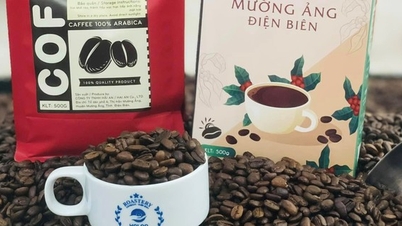
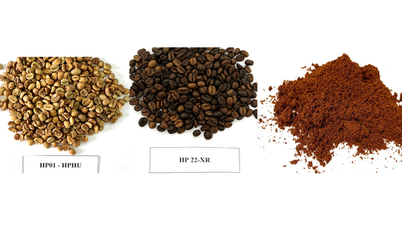
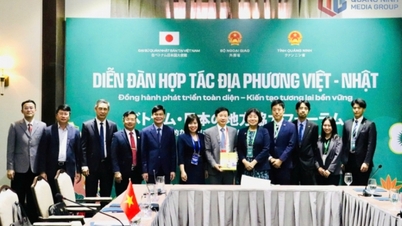

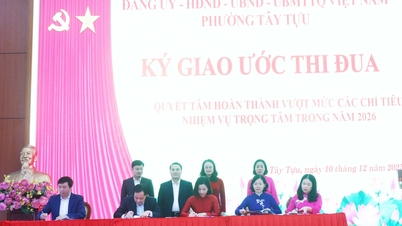
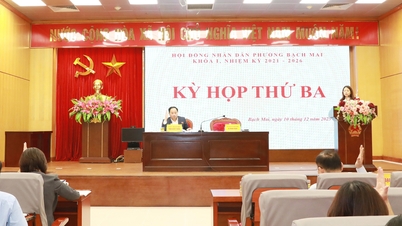
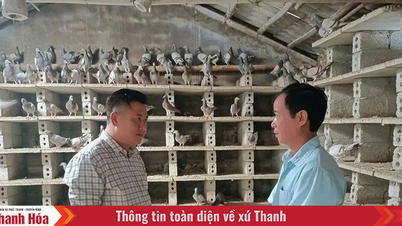

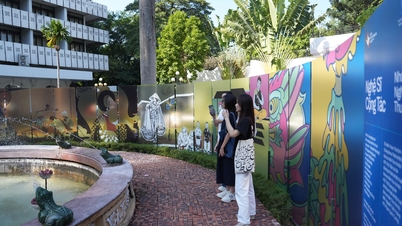

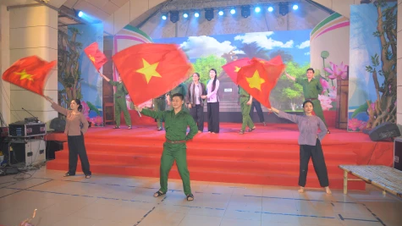











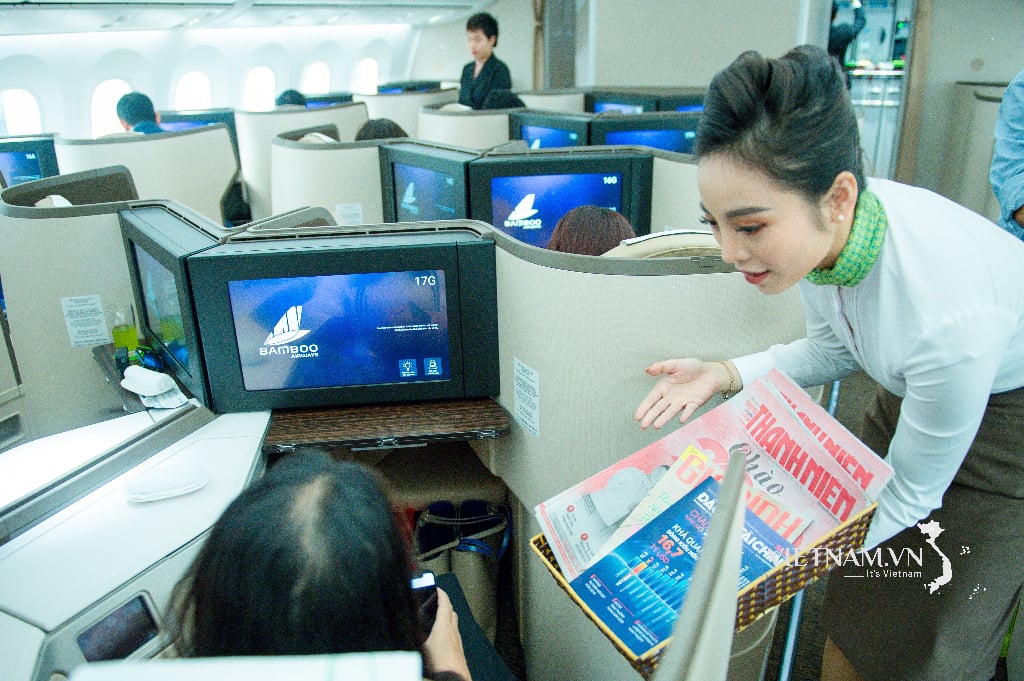
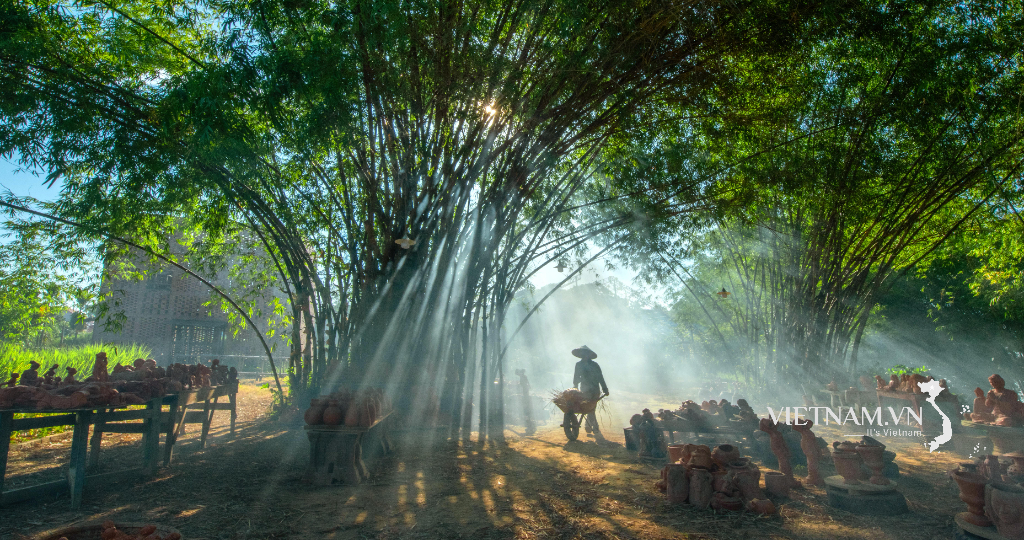
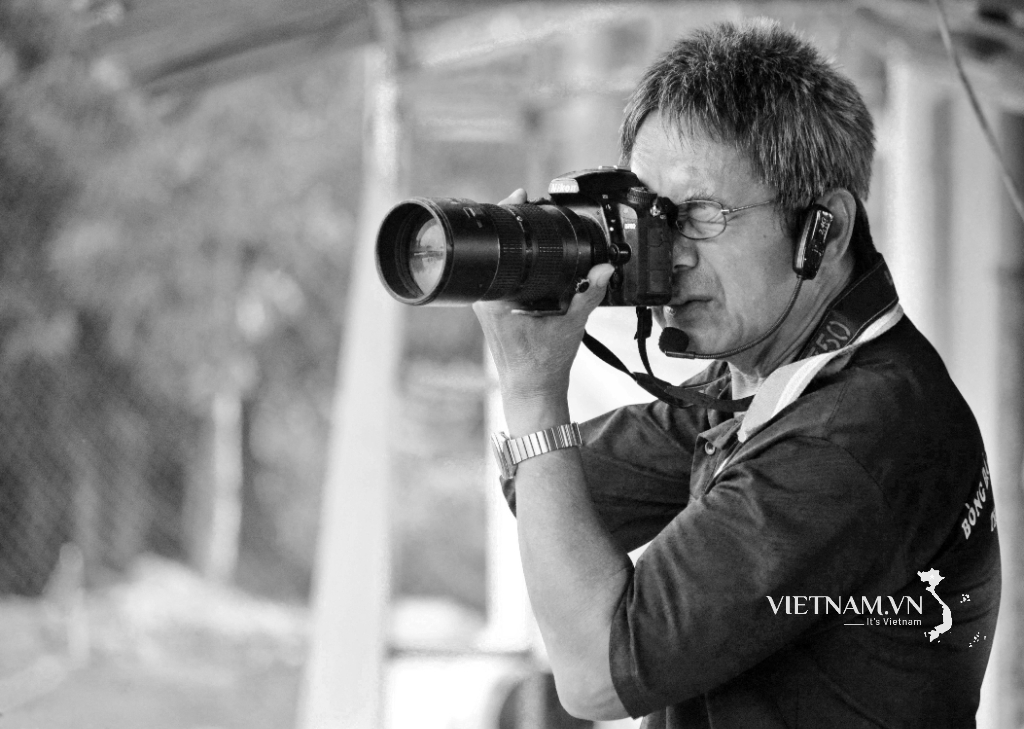





Comment (0)